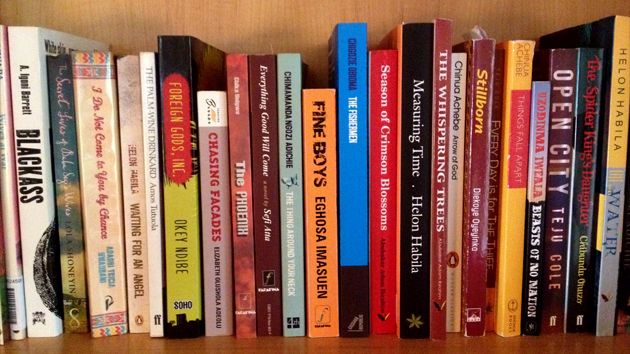NIGERIAN LITERATURE IN TRANSLATION
By Saheed Sunday
Nigerian Literature in translation refers to the body of literary works originating from Nigeria that have been translated from their original languages into other languages, often to reach a broader global audience. This translation technique allows for the affluent cultural, documented, and social descriptions of Nigeria to be appreciated across generations.
Significance of Translation in Nigerian Literature
1. Cultural Exchange: Translation performs as a bridge between cultures, facilitating the exchange of ideas, traditions, and perspectives. Nigerian Literature in translation allows readers from different parts of the world to engage with and understand the Nigerian culture.
2. Global Recognition: Translating Nigerian Literature increases its accessibility and visibility on the global stage. Prominent Nigerian authors, such as Chinua Achebe, Wole Soyinka, and Chimamanda Ngozi Adichie, have gained international acclaim partly due to the availability of their works in multiple languages.
3. Preservation of Heritage: Nigeria is home to over 500 languages and numerous ethnic groups, each with its own oral and written literary traditions. Translating these works helps preserve and document the diverse cultural heritage of Nigeria for future generations.
Challenges in Translating Nigerian Literature
1. Cultural Context: Understanding the cultural context is crucial for accurate translation. Translators must have a deep knowledge of Nigerian culture, traditions, and societal norms to effectively translate literary works.
2. Maintaining Authenticity: Striking a balance between staying true to the original text and making it accessible to a new audience can be challenging. Translators must decide how much to adapt the text for the target audience while preserving the authenticity of the original work.
Notable Translated Works and Authors
1. Chinua Achebe: His seminal work, "Things Fall Apart," originally written in English, has been translated into over 50 languages. The novel provides insight into Igbo society and the impact of colonialism on African cultures.
2. Wole Soyinka: As a Nobel laureate in Literature, Soyinka's plays, poems, and novels have been translated into several languages. His works often explore themes of political oppression, tradition, and modernity in Nigeria.
3. Amos Tutuola: Known for his novel "The Palm-Wine Drinkard," Tutuola's works have been translated into numerous languages. His use of Yoruba folklore and mythology has captivated readers worldwide.
Impact on Nigerian Literature and Culture
1. Literary Diversity: The translation of Nigerian Literature showcases the linguistic and cultural diversity of Nigeria, highlighting the richness of its literary rituals.
2. Cross-Cultural Dialogue: Translated works foster cross-cultural dialogue and understanding, promoting empathy and appreciation for different ways of life.
3. Educational Resource: Nigerian Literature in translation serves as an educational resource, allowing scholars, students, and general readers to study and appreciate Nigerian literary contributions in a global context.
4. Economic Benefits: Increased global interest in Nigerian Literature can lead to economic benefits for authors and publishers, encouraging the production of more literary works and translations.





